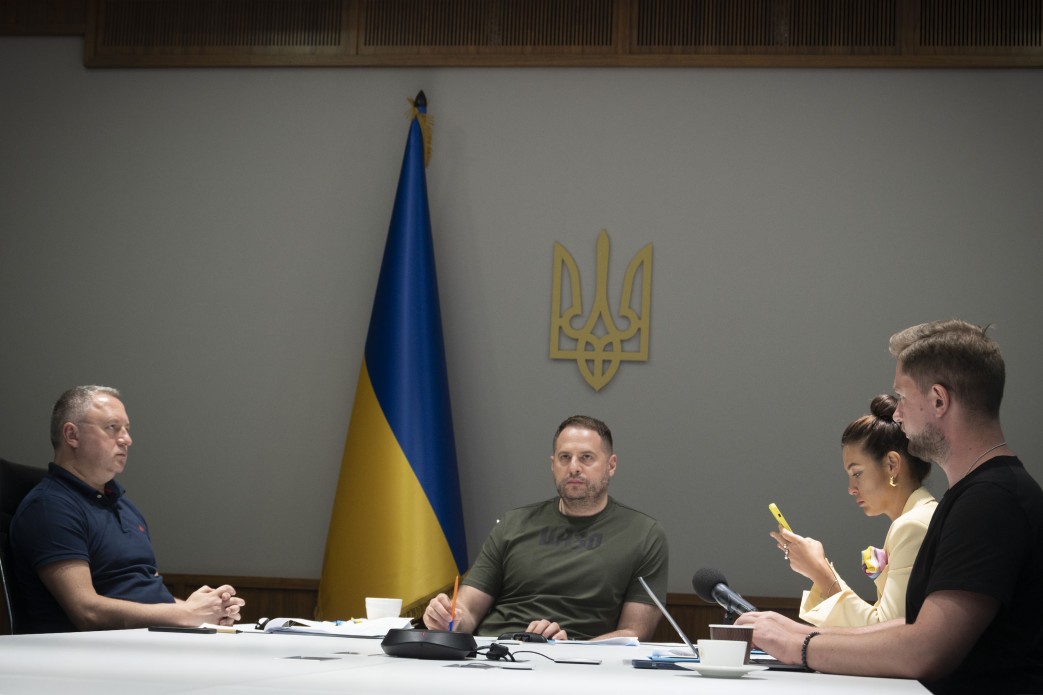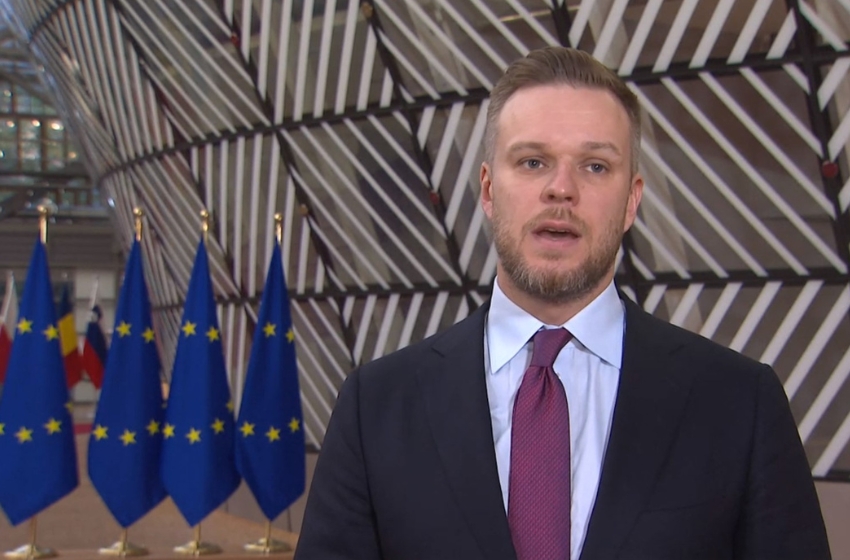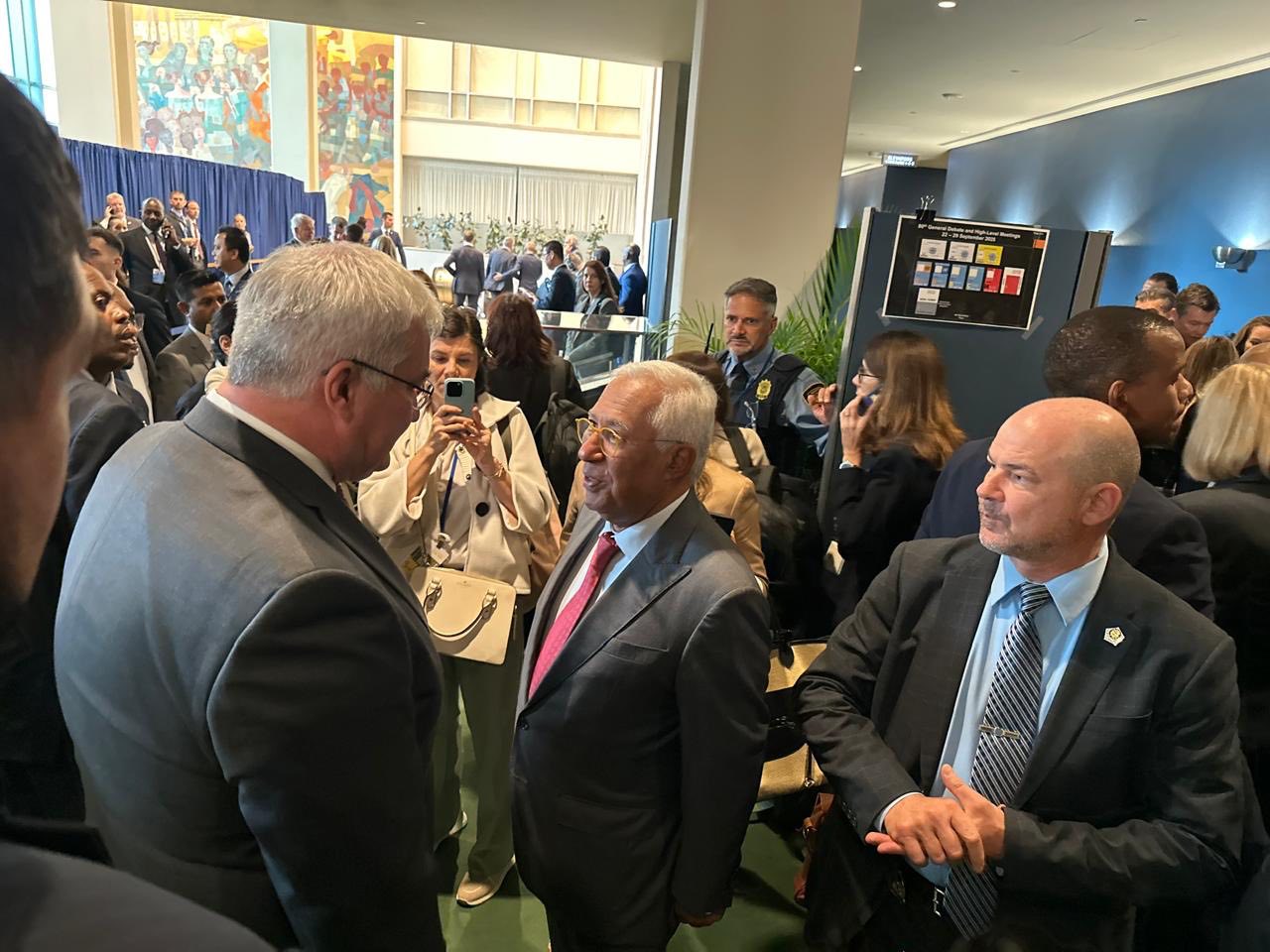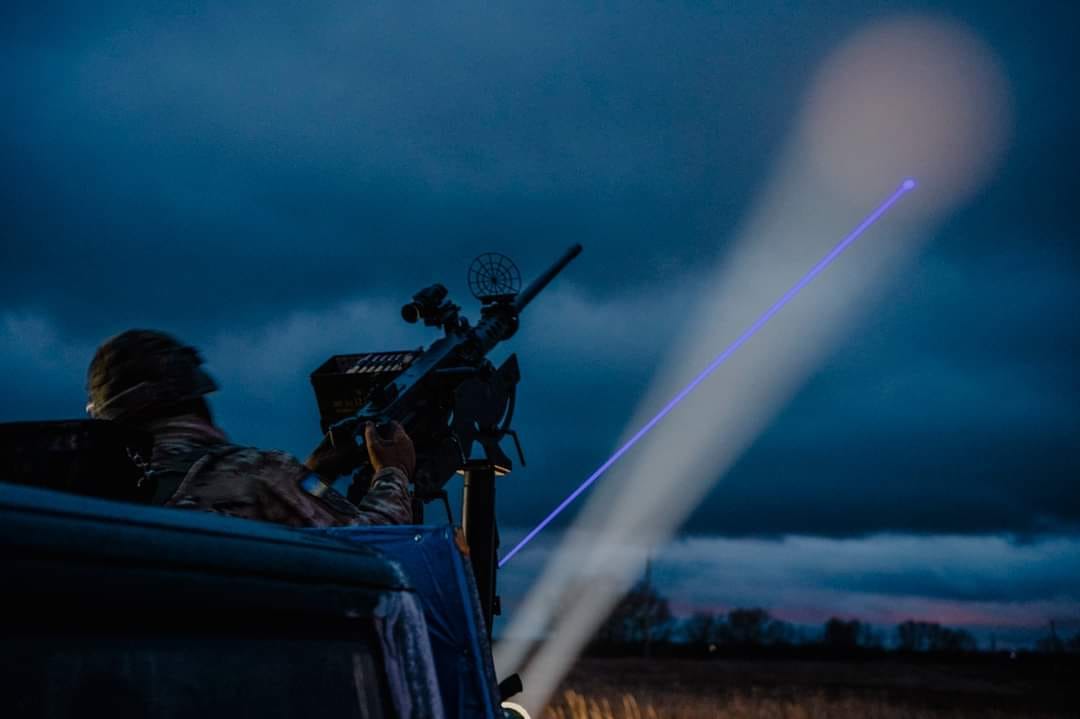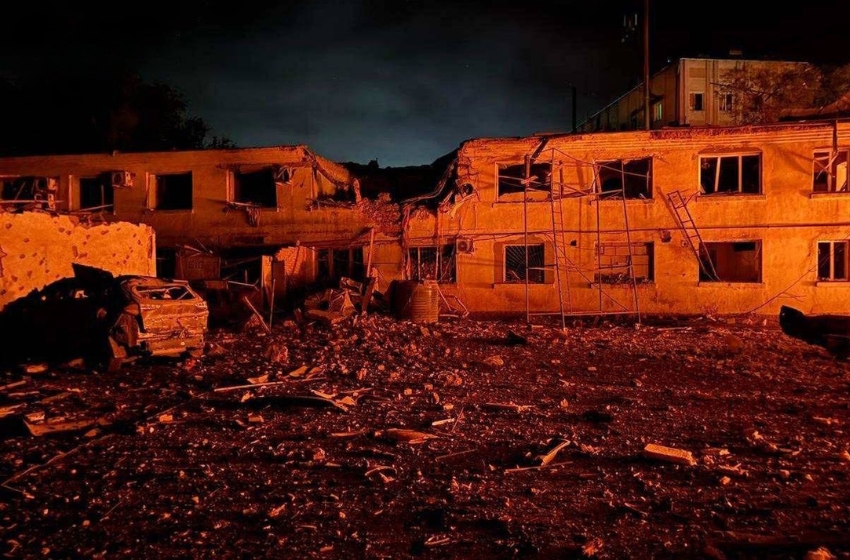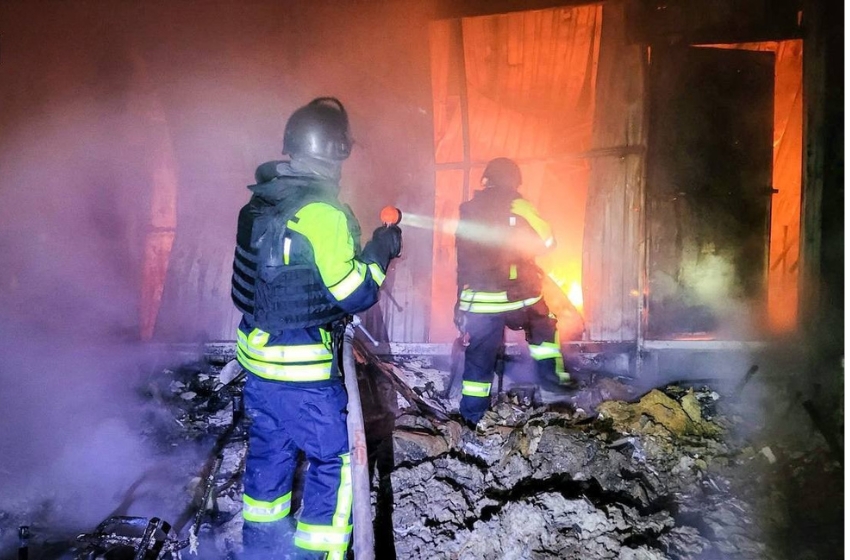On July 22, the international working group on security guarantees for Ukraine, co-chaired by Head of the Office of the President Andriy Yermak and former NATO Secretary General Anders Fogh Rasmussen, held its second meeting.
The participants discussed the draft recommendations regarding future international security guarantees for Ukraine.
The group believes that NATO and Article 5 of the Washington Treaty remain the gold standard for security guarantees. In this regard, the course for membership in the Alliance is enshrined in the Constitution of Ukraine. In the interim period, until Ukraine becomes a full member of NATO, the main guarantee will be its ability to deter future aggression and, if necessary, to defend itself and restore its sovereignty, territorial integrity and security.
However, to achieve this, according to the group, an interconnected system of multilateral and bilateral duly ratified agreements between Ukraine and the guarantor states will be needed. The documents, in particular, will contribute to the development and strengthening of the defense forces of Ukraine.
The group's co-chairman, Andriy Yermak, said: "Ukraine has shown how capable it is of fighting one of the largest armies in the world. On the other hand, the world saw what the Russian Federation is capable of today."
Therefore, according to him, the system of guarantees should provide as much as possible capabilities for self-defense of Ukraine, as well as comprehensive and full support in the event of both direct aggression and its threat.
The head of the President's Office said that international security guarantees are extremely important for the post-war reconstruction and further economic development of Ukraine.
"After the war, our country must become guaranteed safe. It is extremely important that all Ukrainian citizens, who were forced to go abroad due to the large-scale expansion of Russian aggression, return. So that investors from all over the world, including, of course, Ukrainian ones, could confidently bring their capital here. We need to drastically increase the level of foreign investments, even compared to the pre-war years," Yermak said.
According to Rasmussen, "stability in the Euro-Atlantic region is intertwined with the stability and security of Ukraine."
"If the war in Ukraine is not ended, the whole region and the world will feel its consequences. That is why it is advisable for the international community – not only morally, but also strategically – to resolutely support the security of Ukraine. We are considering previous models, but the guarantee model for Ukraine will be unique and adapted to the specific needs of the country," he said.
Currently, the group includes:
Kevin Rudd, Prime Minister of Australia in 2007-2010, 2013;
Carl Bildt, Prime Minister of Sweden in 1991-1994 and Minister of Foreign Affairs in 2006-2014;
Michèle A. Flournoy, U.S. Under Secretary of Defense for Policy in 2009-2012;
Mikuláš Dzurinda, Prime Minister of Slovakia in 1998-2006 and Minister of Foreign Affairs in 2010-2012;
Stephen Hadley, National Security Adviser to the President of the United States in 2005-2009;
Omid Nouripour, Member of the German Parliament (2006-present) and co-chairman of the Alliance '90/The Greens party (since 2022);
Lord William J. Hague of Richmond, Foreign Secretary of the UK in 2010-2014;
Norbert Röttgen, Member of the German Parliament; Minister for Environment, Nature Conservation and Nuclear Safety in 2009-2012, as well as the former Chair of the Bundestag Foreign Affairs Committee (2014-2021);
Anna Fotyga, MEP (2014-present) and Minister of Foreign Affairs of Poland in 2006-2007;
Marie Dumoulin, Director of Wider Europe programme of the European Council on Foreign Relations,
Giampiero Massolo, President of the Italian Institute for International Political Studies;
Adam Eberhardt, Director of the Centre for Eastern Studies (OSW);
Andrii Kostin, Member of the Parliament of Ukraine, Chairman of the Verkhovna Rada Committee on Legal Policy;
Roxana Cristescu, political expert, the EU.
The members of the working group are taking part in a personal capacity, not as representatives of the governments of their countries or the organizations in which they work.
Oleksandr Bevz and Daria Zarivna are project managers from the Ukrainian side in the Secretariat of the International Working Group; Fabrice Pothier and Harry Nedelcu are their colleagues from Rasmussen Global.









